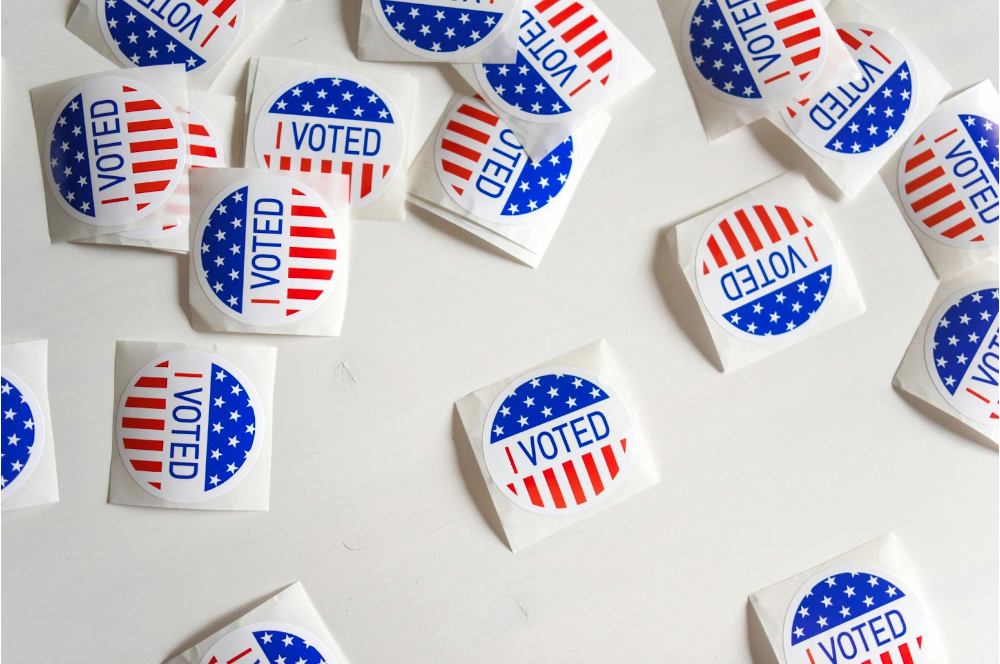By Shelby Watson

The participation of college students in the democratic process is imperative. Not only will the local representatives they elect affect their lives while attending college, but those same officials will likely influence the first stages of their adult life after higher education as well. Students attending colleges in-state are free to vote for candidates who most directly affect their campus communities, but out-of-state students do not always have this luxury. In the state of Georgia, out-of-state students have the option to either stay registered to vote in their home state or register to vote in Georgia using their public college ID. This provides these students a opportunity to receive proper democratic representation in the local and state governments. There are several obstacles, however, that out-of-state students in Georgia must overcome to achieve this representation. Out-of-state students who attend college in Georgia, including University of Georgia students, have a harder time achieving proper democratic representation than in-state students because of the issues they face with voter registration, such as inadequate civic education, confusing laws, and lack of motivation.
Most Georgia college students have a chance to vote for officials representing their campus communities but insufficient civic education leads to ignorance of this opportunity. Out-of-state students may not realize they are able to change where they are registered, which is a problem perpetuated by the University of Georgia’s civic engagement website page. On this page, it states that one can use an ID from a public Georgia university to vote, but it never explicitly mentions that this option works for out-of-state students who wish to change where they are registered. Buried amongst facts about valid Georgia driver licenses, it is easy for students to misunderstand this option as only being for in-state students. The only section of the page that refers to registering out-of-state takes the user to a separate, more confusing page of Democracy Works Elections Data. This page also does not provide any specific information on how to register, opting to only inform the reader of how the organization’s other website pages can help without any hyperlinks or directions. This lack of knowledge may be a factor in why few out-of-state students are registered in their campus state. In a study conducted by Tufts University, researchers found that 23% of out-of-state students are registered to vote in Georgia. With so few out-of-state students registered and no clear instruction on how to register in one’s campus state, out-of-state students in Georgia face the hindrance of learning they can change their registration location to begin with.
Beyond the University of Georgia, out-of-state students who attend private colleges in Georgia are not even allowed to register to vote in the state. According to the Secretary of State’s Georgia Voter Identification Requirements, only a student ID from a public Georgia college or university is valid due to a 2006 voter ID law. This issue not only denies out-of-state students at Georgia private colleges the right to democratic representation, but it specifically burdens out-of-state students of color. Seven out of 10 historical black colleges and universities in Georgia are private, meaning many Black out-of-state students are disenfranchised at the polls. Even out-of-state students at other private popular schools, such as Emory or Mercer University, face this problem. This oversight on valid voting IDs results in out-of-state students having to make the unfair decision to sacrifice their right to democratic representation in exchange for a higher education in Georgia.
On a psychological level, out-of-state students tend to feel less of an incentive to register. The aforementioned Tufts University study found that out-of-state students are simply less motivated to vote. This could be for a number of reasons. Some students may not want to go through the work of registering again when they are already registered in their home state. Some may feel their vote is not needed in their campus state, especially if that state tends to be led by one political party. On the flip side, if their home state is a battleground state in elections, they may decide it is more important to stay registered there, even if it means giving up their elective power in their campus state. Georgia’s current political climate makes this situation more complex. Historically, Georgia has tended to lean Republican for both state and national elections. Out-of-state votes are more crucial than ever in influencing Georgia’s elections, but that puts out-of-state students in the tough position of deciding in which state they want their vote to matter. Out-of-state students spend around eight months out of the year living under their campus state’s government. Yet, many of those students’ electoral power to choose candidates that best represent their wants and values is deprived, either through deficient civic knowledge, tangible ID requirements or mental obstacles. With one of the most crucial election periods on the horizon, this must change. In the past, movements such as VoteRiders have sent knowledgeable activists to college campuses in Georgia to help students with registration. Out-of-state students especially should seek out these volunteers if they come to campus. The University of Georgia must also take on some responsibility and do a better job of making it clear to out-of-state students that they can register to vote in the state and provide resources to help them do so. If you are an in-state student who has registered before, offer to help an out-of-state peer with the process. They deserve democratic representation just as much as in-state students.
Photo Credit: https://www.pexels.com/photo/stickers-with-i-voted-inscription-and-flag-of-usa-1550339/

